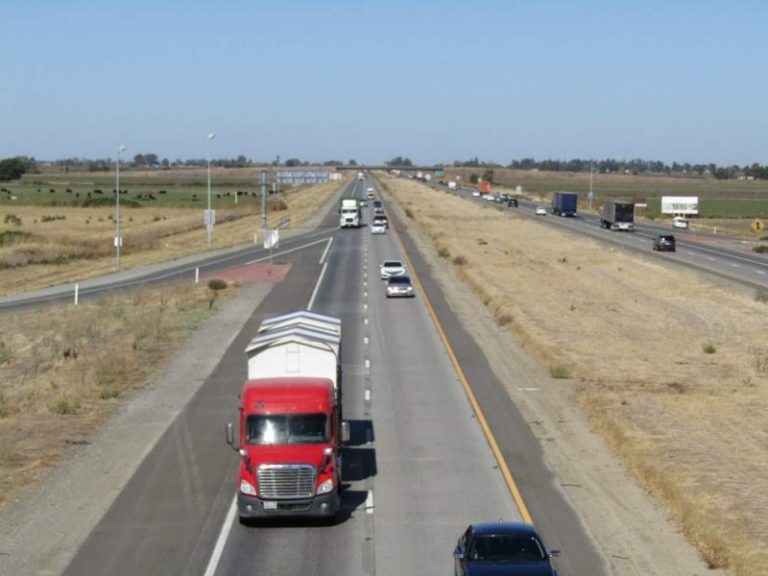Weather Conditions That Can Cause Truck Accidents
Trucking is oftentimes an all-state, all-time, and all-weather affair, so drivers must be familiar with staying safe in all types of conditions. This is especially true when considering that weather-related truck accidents account for nearly 20% of all truck crashes across the nation, according to the Federal Motor Carrier Association (FMCSA). Trucks are especially vulnerable to adverse weather conditions, based on their general design and size.
Dangerous Weather Conditions for Trucks
Any adverse weather conditions can be hazardous for trucks, but certain environmental hazards have stronger effects on trucks than on smaller vehicles, such as:
- Slick roads amplify many of the most dangerous aspects of a truck, namely its mass, long stopping times, and free-swinging hitch. Without traction, the already considerably long stopping distance of a truck can more than double, meaning that they’re more likely to get into high-velocity accidents. If the truck or trailer loses traction during a turn, it might cause a jackknife truck accident instead, in which the trailer swings wide and folds inwards.
 Low visibility is similar to slick roads, in that it cuts truckers’ reaction times down considerably, giving them far less time to react to sudden dangers. Low visibility can occur as a result of snow, sleet, rain, fog, or even early nightfall during winter months, making it an omnipresent risk for every trucker on the road. Furthermore, low visibility can delay other drivers’ reaction times, which can cause lethal underride truck accidents if they don’t notice a stopped truck.
Low visibility is similar to slick roads, in that it cuts truckers’ reaction times down considerably, giving them far less time to react to sudden dangers. Low visibility can occur as a result of snow, sleet, rain, fog, or even early nightfall during winter months, making it an omnipresent risk for every trucker on the road. Furthermore, low visibility can delay other drivers’ reaction times, which can cause lethal underride truck accidents if they don’t notice a stopped truck.
- High winds are especially dangerous for trucks, which have entirely non-aerodynamic, flat sidings that catch far more wind than the average vehicle. This can contribute to jackknifes and rollovers, but can also compromise a truck’s turning radius, making it more likely to swing too wide and collide with other vehicles at intersections.
- Extreme heat is often overlooked, yet constitutes a dangerous weather condition all the same. In particular, hot roads can heat the many tires on a truck, expanding the air held within to create hazardously high tire pressures. This can cause tire blowouts, which are especially likely when you consider that an 18-wheeler truck has 18 points of potential failure.
Arizona Truck Accidents Caused by Bad Weather
If you do get into a truck accident caused by bad weather, it’s important to realize that one or both drivers will inevitably be liable for the crash, even though they couldn’t control the weather. This is due to Arizona’s pure comparative fault system, in which drivers are assigned liability for failing to prepare or minimize the effects of a crash. Truckers can always drive slower, more cautiously, or stay off the road together, hence they can’t claim to be blameless if they let the weather get the better of them.
Competent attorneys can conduct a thorough investigation into your truck accident on your behalf, so be sure to give us a call at (623) 321-0566 to schedule a free consultation with one of ELG’s Arizona truck accident lawyers today. We have the resources and experience necessary to secure you the compensation you deserve by building a strong case on your behalf.
Law News Feed
All NewsWho Is Liable for Damages After a Truck Accident?
According to information from the National Highway Traffic Safety Association, more than 2,500 truck accidents occur each year in Arizona. It goes without sayin…
Common Injuries After a Motorcycle Accident
Motorcycle accidents kill or severely injure individuals more frequently than any other type of crash, resulting in immense amounts of suffering and financial d…

